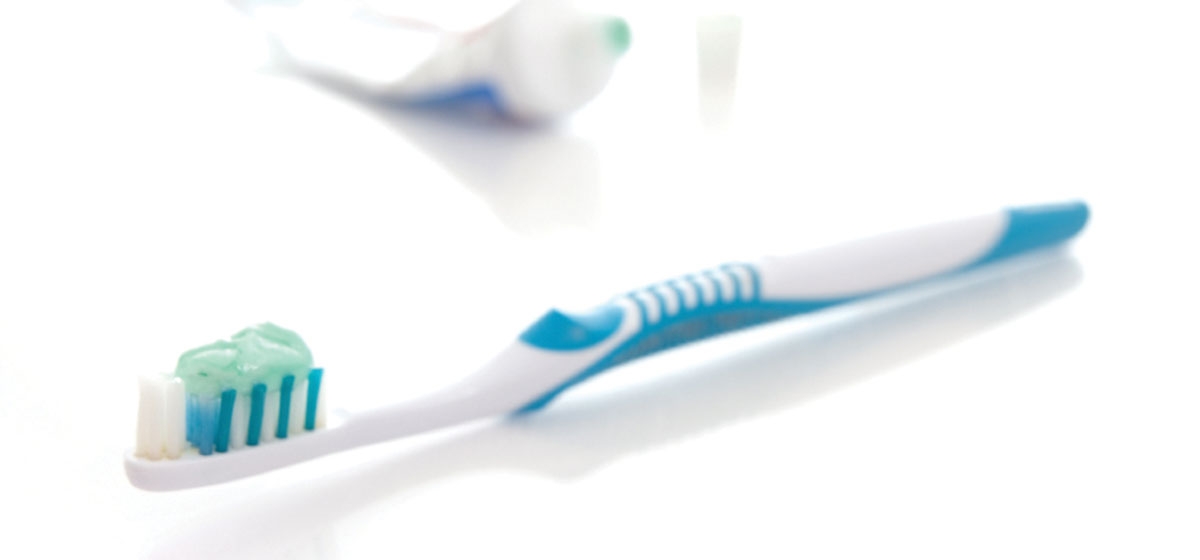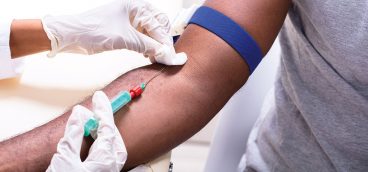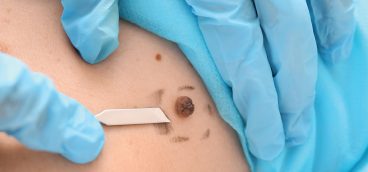Healthful Discoveries

We brush to stave off cavities and bad breath. But it may even help us avoid major diseases. Research shows that the plaque build-up in our mouths may contribute to plaque build-up in our brains and heart arteries.
In a study published in BMJ (formerly known as the British Medical Journal), British researchers found that people who admitted to brushing their teeth less frequently had a 70 percent extra risk of heart disease, compared to people who said they brushed twice a day. And researchers from New York University found evidence that periodontal disease (marked by inflammation of the gums) may increase the risk of Alzheimer’s disease.
Brew up some brain protection
Next time you brew a second, or third, cup of coffee, you can feel good knowing that it won’t just make you more alert but could also protect your brain. Long-term studies show drinking more than a cup a day has a hidden health perk—it significantly reduces the risk of stroke. Women who drank more than a cup of coffee a day had a 22 to 25 percent lower risk of stroke than those who drank less, according to a major study of women. It was recently published in Stroke, a journal of the American Heart Association. A study done by the same researcher in 2008 on men who drank coffee or tea had similar results. The more recent study followed more than 34,000 women age 49–83 for an average of 10 years. These findings reaffirm the 2009 results of the Nurses’ Health Study, which involved 83,000 women in the U.S. In that study, coffee drinkers who drank four or more cups a day showed a 20 percent lesser rate of stroke.
Burning question: Are common heartburn medications contributing to the late discovery of cancer?
Esophageal cancer is the nation’s fastest-growing cancer and is often diagnosed only after it has become deadly. A risk factor for this type of cancer is chronic heartburn, otherwise known as GERD (gastroesophageal reflux disease), which causes stomach acid to leak into the esophagus. New research at the University of Pittsburgh School of Medicine raises an important question: Are common medicines to control heartburn and other GERD symptoms contributing to the late discovery of esophageal cancer? Millions of Americans take proton pump inhibitors (PPI), which include Prilosec, Prevacid and Nexium. These medicines work by blocking many of the tiny acid-producing pumps in the stomach lining. But because these drugs work so well, they may be masking a more serious problem. The Pitt study looked at 769 GERD patients and found cancer (esophageal adenocarcinoma) or its precursor, Barrett’s esophagus, in 122 of these patients. They also found that those whose GERD symptoms were successfully relieved by a PPI were more likely to have esophageal cancer or Barrett’s esophagus, when compared to patients taking PPIs but still having severe symptoms.
“We are learning that the chronic and long-term use of PPIs may not be entirely without consequences and may lead to more insidious problems such as calcium malabsorption, or cause one to be asymptomatic in the face of continued esophageal injury from GERD,” says Pitt’s Blair A. Jobe, M.D., principal investigator for the study whose findings were published in the journal, Archives of Surgery.
An important takeaway message based on the study findings: People on these drugs for several years should be screened for Barrett’s esophagus. Patients typically don’t get screened (done by putting a scope and camera down their throat) unless they are having symptoms.
“Unfortunately, 95 percent of patients who develop esophageal adenocarcinoma are unaware of the presence of BE (Barrett’s esophagus) before their cancer diagnosis, which means they never had been selected for screening,” the researchers wrote.




